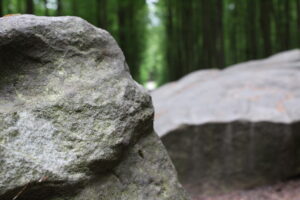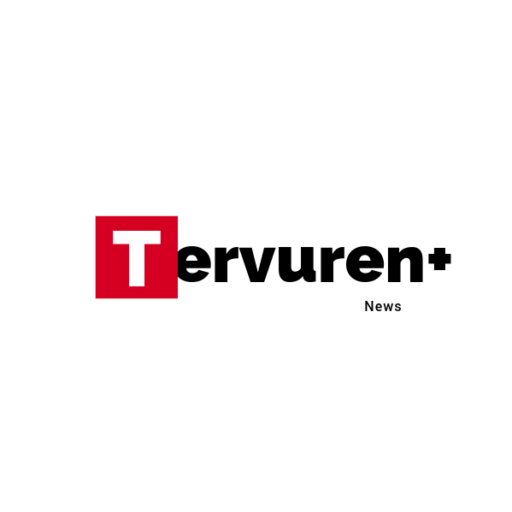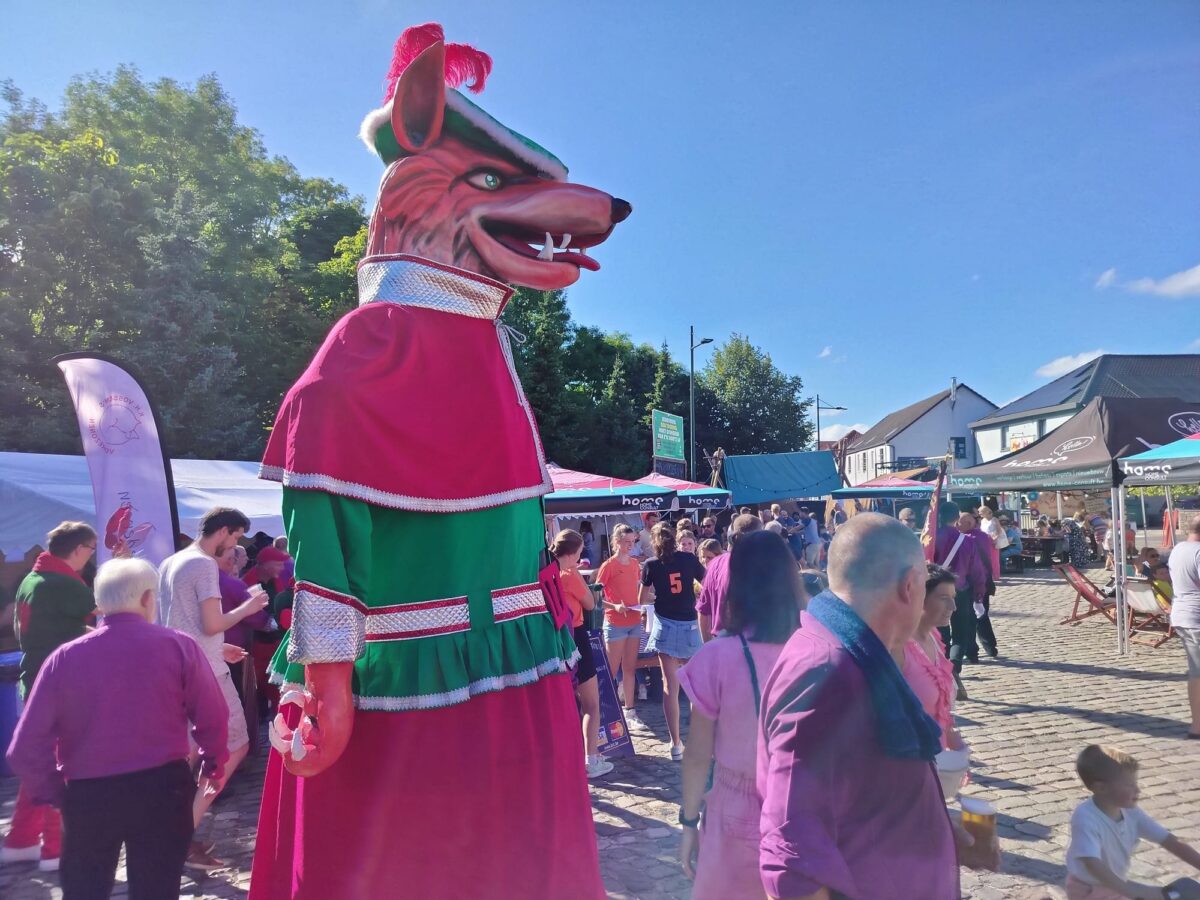Duisburg’s 49th Village Festival may conclude on 17 August, alongside the 50th Grape, Flower and Art Exhibition. But neighbouring Vossem is gearing up for the annual Vossem Feest from 22 to 24 August, with the colourful duck race on the Voer river a main attraction.
Duisburg’s Village Festival began in 1976 as a one-off to mark the 750th anniversary of the Charter of Freedoms (Vrijheidskeure), granted by Duke Henry I of Brabant on 8 October 1226. The medieval charter conferred rights and liberties on Duisburg at a time when the Dukes of Brabant often visited their hunting lodge and park (Warande) in Tervuren. The success of that celebration turned it into an annual tradition, now featuring sports, concerts, flea markets and heritage walks.
This year’s programme in Duisburg includes the jubilee edition of the Grape, Flower and Art Exhibition on 15 August in St Catherine’s Church, honouring the region’s horticultural heritage. At its peak, Duisburg boasted 3,840 greenhouses, making it Belgium’s third-largest grape-growing community. Alongside art, concerts and walks, the festival ends with a bustling flea market on Sunday 17 August.
Vossem Feest, launched in 1977, has grown into a three-day celebration of music, children’s activities and sport starting on Friday 22 August. The duck race, complete with professional sports commentary, sees hundreds of brightly coloured, numbered ducks float down the Voer towards the finish, with prizes for winning tickets. This year’s races take place on Saturday 23 August at 18:30 and Sunday 24 August at 19:00.
For younger visitors, the petting zoo at Hof Ter Veldeken offers the chance to cuddle, brush and feed animals, while the farm also supplies and cooks the meat for the Sunday barbecue.
Both festivals rely on volunteers, from erecting tents to serving drinks.
Duisburg – ancient history

Did you now that Duisburg is also steeped in ancient history? In 1883, local farmer Hubert Nootens unearthed a large stone or three large stones, recognized by some as a “dolmen” — a megalithic tomb dating dating to approximately 3000 to 2000 BCE. That was while plowing a field in what is now Achterstraat.
Dolmens were typically used for burials, not sacrificial rites. Some unproven reports allege the stone was broken into three during transport, on the orders of King Leopold II, to become the Zevenster, just a short walk from the Bootjes Huis in Tervuren Park.
Duisburg Festival Highlights
The 49th Duisburg Village Festival concludes on 17 August, alongside the 50th Grape, Flower and Art Exhibition. Meanwhile, Vossem gears up for Vossem Feest from 22 to 24 August, with the colourful duck race on the Voer river as a main attraction.
Historical Roots
Duisburg’s Village Festival began in 1976 to mark the 750th anniversary of the Charter of Freedoms (Vrijheidskeure), granted by Duke Henry I of Brabant in 1226. The success of that celebration turned it into an annual tradition, now featuring sports, concerts, flea markets and heritage walks.
Grape and Flower Exhibition
Held on 15 August in St Catherine’s Church, this jubilee edition honors Duisburg’s horticultural heritage. At its peak, the village had 3,840 greenhouses, making it Belgium’s third-largest grape-growing community.
Vossem Feest Events
Launched in 1977, Vossem Feest is a three-day celebration of music, children’s activities and sport. The duck race, complete with professional commentary, takes place on Saturday 23 August at 18:30 and Sunday 24 August at 19:00.
Family Fun
Young visitors can enjoy the petting zoo at Hof Ter Veldeken, which also supplies and cooks the meat for the Sunday barbecue.
Get Involved
Both festivals rely on volunteers—from erecting tents to serving drinks. Interested?
Visit vossemfeest.be or duisburg.be for details.
Article and photos licensed under the Attribution-ShareAlike 4.0 International licence.

